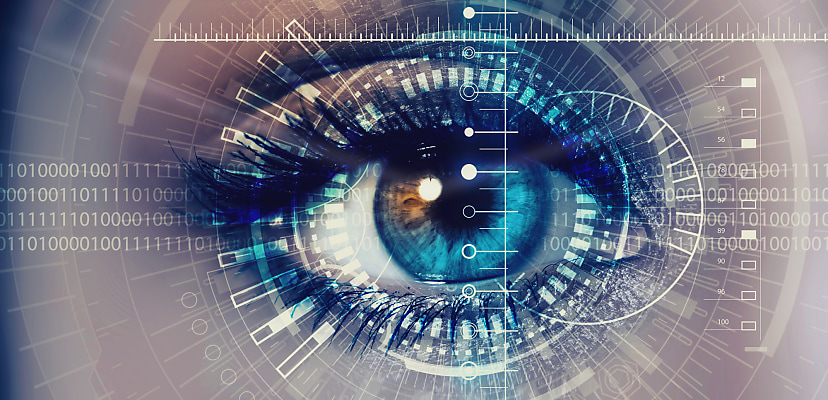Share this article on:
Powered by MOMENTUMMEDIA
Breaking news and updates daily.
Biometric security has emerged as a cutting-edge solution that offers enhanced protection and convenience.

By utilising unique physical or behavioural traits, biometric security systems provide a highly secure authentication method.
Here are three essential things you need to know about biometric security.
1. Uniqueness and accuracy
Biometric security relies on the uniqueness of individual characteristics to establish identity. Whether it’s fingerprints, iris patterns, voice recognition, or facial features, these biometric traits are highly distinctive, making it extremely difficult for anyone to replicate them. Each person’s biometric data is unique, even among identical twins.
Further, biometric systems boast high accuracy rates, significantly reducing the chances of false positives or false negatives. The advanced algorithms and technologies employed in these systems ensure reliable identification and authentication. As a result, organisations and individuals can have greater confidence in the security of their sensitive data.
2. Enhanced security and convenience
Traditional security methods, such as passwords or PINs, can be easily forgotten, stolen, or hacked. Biometric security eliminates these vulnerabilities by using unique physical traits that are difficult to replicate or guess. This greatly enhances security, as an individual’s biometric data cannot be easily stolen or duplicated.
Additionally, biometric authentication offers unparalleled convenience. Users no longer need to remember multiple passwords or carry access cards. Biometric systems provide a seamless and frictionless user experience. By simply scanning a fingerprint, looking into a camera, or speaking a passphrase, individuals can quickly and securely gain access to their devices, accounts, or physical spaces.
3. Privacy and ethical considerations
While biometric security offers tremendous benefits, it also raises concerns regarding privacy and ethics. Storing and handling biometric data requires careful consideration to ensure the protection of an individual’s privacy. Organisations must implement robust security measures to safeguard biometric information from unauthorised access or data breaches.
Governments, regulatory bodies, and organisations must work together to establish legal frameworks and guidelines to ensure the responsible and ethical use of biometric technologies.
As biometric technology continues to evolve, it will undoubtedly play a significant role in securing our digital and physical lives, bringing us closer to a more secure and convenient future.
Be the first to hear the latest developments in the cyber industry.